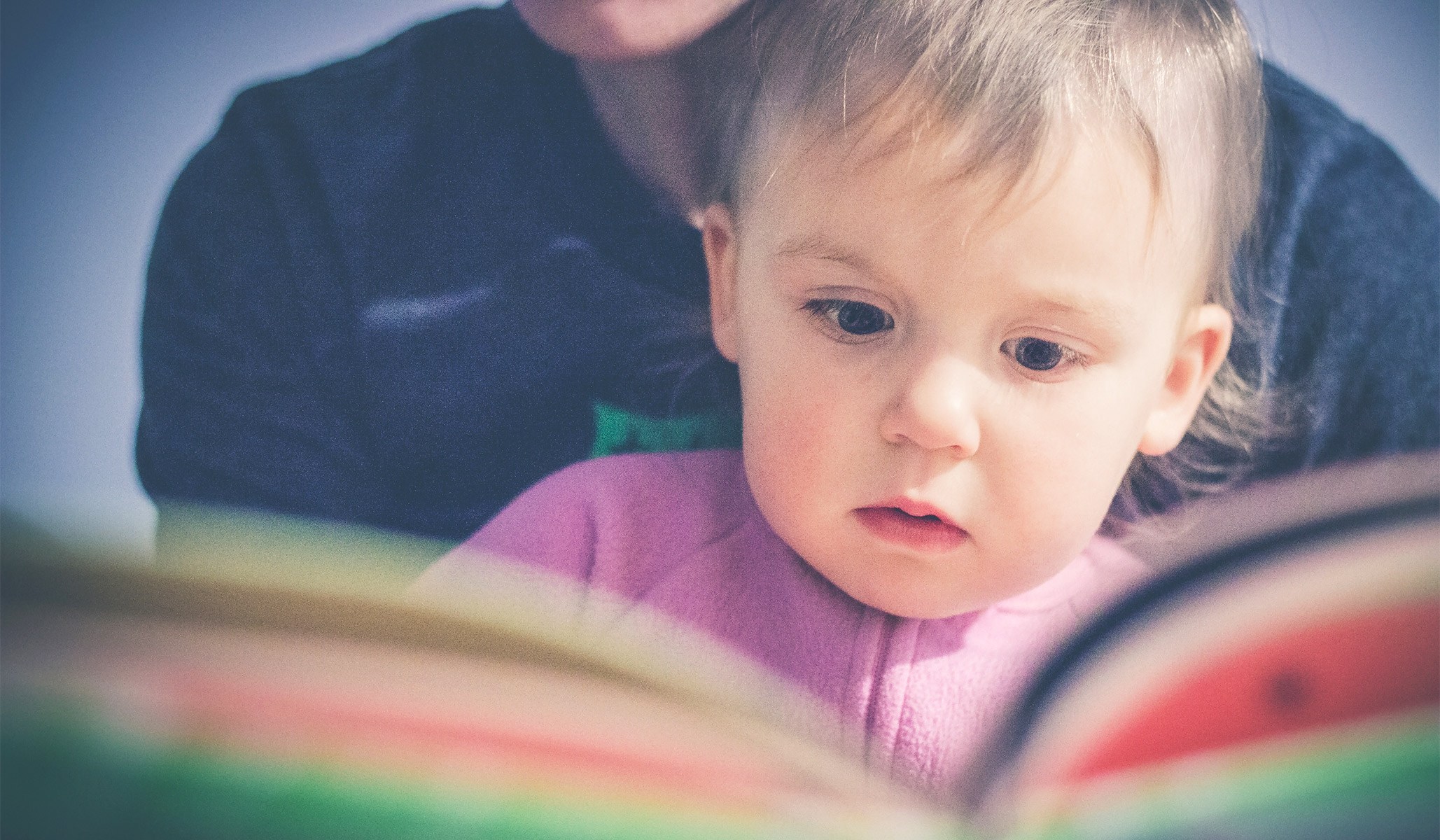By: David Closson – nationalreview.com – October 22, 2018
At a recent campaign rally in Texas, Beto O’Rourke, who is running against Ted Cruz for a seat in the United States Senate, remarkably claimed that “in this state, with 30,000 kids in the foster care system . . . they say that under the guise of religious liberty that you can be too gay to adopt one of those children who needs a loving home.”
The campaign explained that O’Rourke’s claim was based on a 2017 state law under which faith-based adoption agencies may decline to place children with same-sex couples because of sincerely held religious beliefs about marriage and human sexuality. Significantly, the Texas law does not prevent anyone from adopting, and even mandates that if an agency cannot work with a same-sex couple, it must direct the couple to another agency that will work with them. Even Texas Equality, the state’s largest gay-rights advocacy group, admitted that gay and lesbian couples are not barred from adopting children in Texas.
Thus, O’Rourke’s assertion that one can be “too gay to adopt” in Texas is patently false. Charitably, his comment reveals a misunderstanding of Texas law. More likely, it exposes a prejudiced view of the religious beliefs of millions of Americans who believe children deserve a mother and a father.
Unfortunately for faith-based adoption agencies, O’Rourke’s campaign rhetoric is just the latest in a series of attacks on the religious liberty of faith-based adoption providers.
Dana Nessel, the Democratic candidate running for attorney general in Michigan, recently expressed similar hostility toward the beliefs of faith-based adoption provides. When asked about the 2015 Michigan law that protects the religious liberty of faith-based adoption agencies, Nessel admitted that if she’s elected she will disregard it because she “could not justify using the state’s money defending a law whose only purpose is discriminatory animus.”
Although Nessel’s casual dismissal of the fundamental responsibility of an attorney general to enforce the laws passed by a duly elected legislature may seem shocking, it is not surprising. In 2012 she represented the lesbian couple who challenged Michigan’s same-sex marriage ban, and at the time she argued that supporters of Michigan’s prohibition on adoptions by same-sex couples “honestly have to concede that you just dislike gay people more than care about the needs of foster-care kids.”
Meanwhile, the ACLU is suing the Michigan Department of Health and Human Services over the 2015 law, and a Clinton-appointed federal judge ruled on September 14 that the lesbian couples represented by the ACLU could proceed.
The issue also came up in the South Carolina gubernatorial race. In March, the incumbent, Republican Henry McMaster, issued an executive order to protect faith-based adoption agencies. In late August, James Smith, McMaster’s Democrat opponent, called the governor’s decision “wrong on every level.”
As if all that weren’t enough, other developments within the past few months underscore the seriousness of the threat to faith-based adoption providers.
In late August, after nearly 95 years of providing adoption and foster care services, Catholic Charities of Buffalo (CCB) announced the termination of their adoption program because of state requirements that would have compelled the charity to place children with same-sex couples. The state’s refusal to grant a religious exemption comes despite CCB’s track record of accomplishment including, on average, the facilitation of five adoptions per year.
The development in Buffalo follows a similar and well-publicized decision by officials in Philadelphia, where in March the city’s Department of Human Services froze all new foster-care placements with Catholic Social Services (CSS) when city officials learned of the charity’s policy of working only with married, heterosexual couples. On average, CSS serves 127 foster children through their foster-care network, which consists of over 100 families. Although a district court ruled against CSS on July 13, an appeal is currently pending.
These recent events emphasize the intolerant nature of those controlling the LGBT movement — which has in the past forced adoption providers out of Boston, San Francisco, Washington, D.C., and Illinois — and the scant regard it shows for the costs placed on families or society’s at-risk children.
Thankfully, the latest efforts to intimidate and coerce adoption providers have not gone unnoticed. In May, 80 federal lawmakers (60 Congressmen and 12 Senators) sent a letter to President Trump, warning him that “faith-based child welfare organizations are being targeted, bullied, and silenced across the country.”
Several states have acted to protect faith-based adoption agencies as well. This summer Kansas and Oklahoma joined Alabama, Michigan, Mississippi, North Dakota, South Dakota, Texas, and Virginia by passing laws that prohibit state and local governments from discriminating against faith-based adoption providers. Five of these nine states have passed their laws since 2017.
But in the face of continued challenges to the ability of faith-based adoption providers to run their ministries without fear of reprisal, federal legislation like the Child Welfare Provider Inclusion Act (CWPIA) is needed.
To see this article, click read more.
Source: Faith-Based Adoption Agencies Under Attack: Beto O’Rourke Comments the Latest Example
 Listen Online
Listen Online Watch Online
Watch Online Find a Station in Your Area
Find a Station in Your Area









 Listen Now
Listen Now Watch Online
Watch Online
